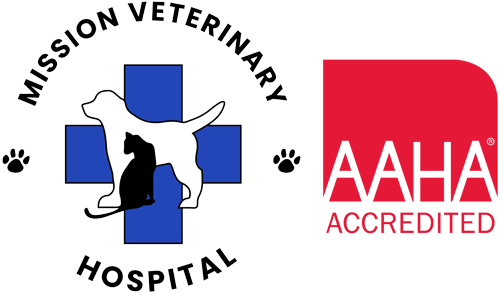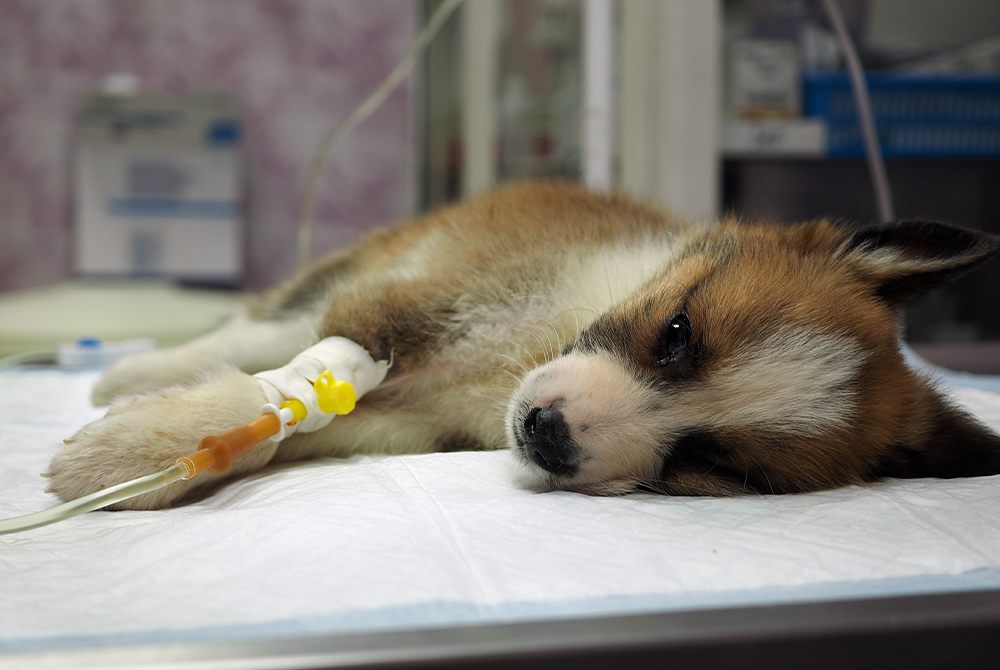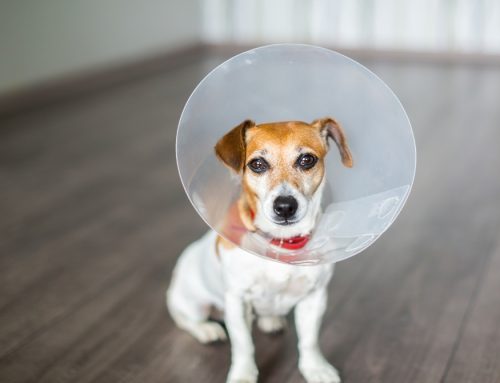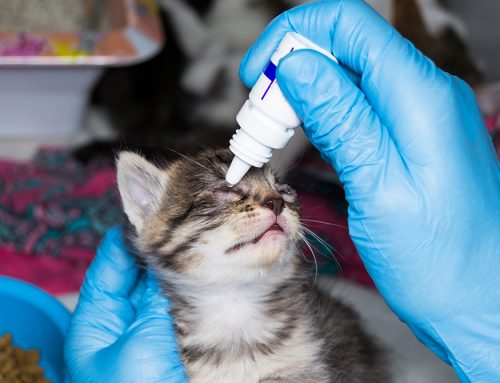Overview
Parvovirus, commonly known as “Parvo,” is a highly contagious viral disease that affects dogs, particularly puppies. First identified in 1978, Parvovirus can cause severe gastrointestinal illness, leading to vomiting, diarrhea (often bloody), loss of appetite, and potentially death. In very young puppies, it can also cause acute inflammation of the heart muscle, leading to sudden death. The virus is extremely hardy, capable of surviving in the environment for extended periods, and is resistant to many common disinfectants.
CANINE PARVOVIRUS & ITS PREVENTION: What is it?
Canine Parvovirus is a viral disease first reported in early 1978. The virus can cause two different clinical syndromes: the more common “intestinal” form and the less common “cardiac” form. The intestinal form is characterized by diarrhea, often bloody, vomiting, loss of appetite, depression, fever, and sometimes death. The cardiac form occurs in very young puppies and results in acute inflammation of the heart muscle.
Parvovirus can affect dogs of any age, breed, or sex, but puppies younger than six months and older dogs are at higher risk. The severity of the illness can vary based on factors such as age, environment, stress, parasite load, and overall health.
Where did it come from?
Experts believe that canine Parvovirus is closely related to Parvoviruses affecting other animals. The exact origin is unknown, but it is suspected to be a mutation from another species-specific Parvovirus. Since its emergence in 1978, the virus has spread globally, largely due to its ability to withstand extreme temperatures and resist most disinfectants. It spreads through direct contact between dogs or indirectly through contaminated objects, people, or even fleas.
Disease Phases
- Oral Phase: The virus enters the dog’s body through ingestion of contaminated feces, first invading the lymph glands in the throat. After multiplying for 1-2 days, it enters the bloodstream, leading to viremia.
- Viremia Phase: The virus spreads throughout the body, affecting the intestines, bone marrow, spleen, lymph nodes, and heart in young pups. This phase lasts 1 to 9 days.
- Contagious Stage: During this phase, the virus is shed in massive quantities through the stool, making the infected dog highly contagious to others. This shedding can continue for at least three weeks after infection.
Symptoms
The symptoms of Parvovirus warrant immediate medical attention due to the risk of severe dehydration and chemical imbalances. Early treatment is crucial for survival.
- Cardiac Form (in puppies less than 8 weeks old):
- Sudden death
- Crying, difficulty breathing, gasping for breath
- Extreme depression
- Weakness
- Unwillingness to nurse
- Irregular heartbeat
- Intestinal Form (more common in puppies):
- Depression
- Loss of appetite
- Fever (above 103°F)
- Vomiting
- Diarrhea, with or without blood
- Low white blood cell count
Control and Prevention
Sanitation alone is insufficient to control Parvovirus due to its resilience. Avoiding contact with infected dogs and their feces is essential. While diluted bleach (1 part bleach to 30 parts water) can disinfect objects, it is impractical to disinfect public spaces. Isolation of infected dogs can help, but vaccination is the most effective prevention method.
Vaccination
Vaccination is key to preventing Parvovirus. Properly immunized dogs develop antibodies that destroy the virus upon exposure. Puppies should begin vaccinations early, with boosters every 2-3 weeks until they are at least 16-18 weeks old. Maternal antibodies, which puppies receive from their mothers, can interfere with vaccination but provide temporary immunity. It’s crucial to vaccinate puppies at an early age and continue until they are old enough to respond to the vaccine effectively.
Why Choose Mission Veterinary Clinic?
Located in the San Fernando Valley at 16915 San Fernando Mission Blvd, Granada Hills, CA 91344, Mission Veterinary Clinic is your trusted urgent care facility for dogs. We understand the urgency and severity of Parvovirus and provide prompt, compassionate care to ensure the best possible outcome for your pet. Our walk-in policy ensures that your pet receives immediate attention when they need it most.
For more information or urgent care, please call us at 818-363-8143. We’re open from 9 AM to 11 PM, seven days a week, to serve you and your pet. No appointments are necessary, as we prioritize walk-ins and see patients based on the severity of their condition.
Protect Your Pet Today
Ensure your dog is up-to-date on vaccinations and consult with us if you have any concerns about Parvovirus. Early detection and treatment are key to saving lives.
Mission Veterinary Clinic
16915 San Fernando Mission Blvd,
Granada Hills, CA 91344
Phone: 818-363-8143
missionvet.com










Leave A Comment